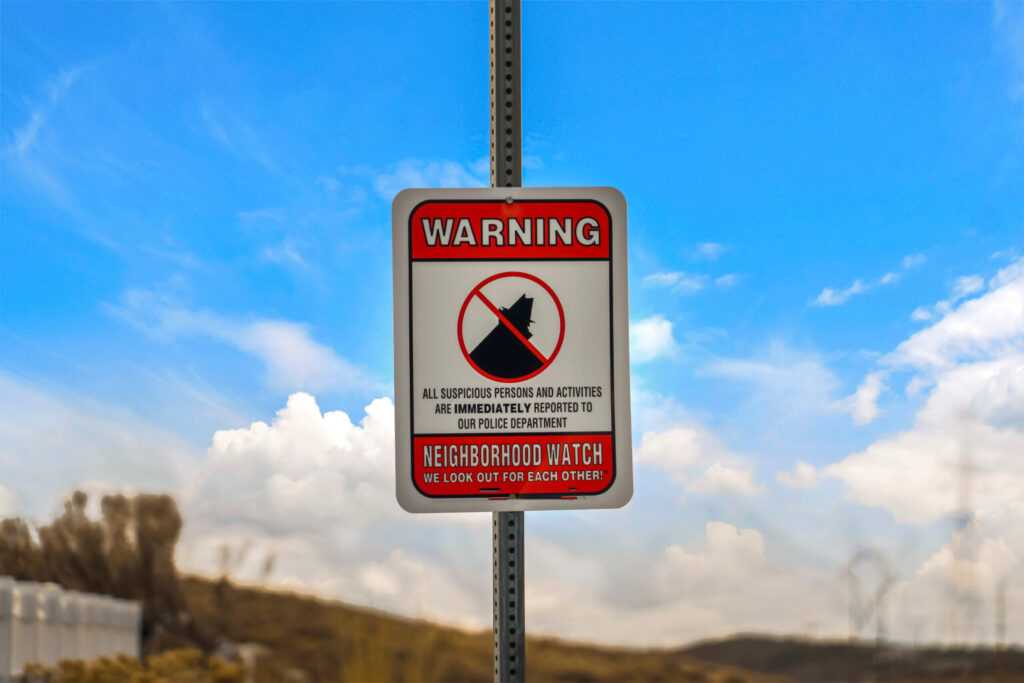Kreun Leads GOP Pushback on Stillwater Prison Closure: “This is a Public Safety Disaster in the Making”

Senator Michael Kreun, joined by Senator Warren Limmer and Senator Karin Housley, is sounding the alarm over the “shortsighted and dangerous” decision to close Minnesota Correctional Facility–Stillwater without public input or a comprehensive transition plan.
The decision to shutter the maximum-security prison was tucked into the final Judiciary and Public Safety Omnibus bill at the end of session, with no public hearing and no clear plan for replacement. While the phased closure is scheduled to be completed by 2029, the Minnesota Department of Corrections (DOC) has already begun relocating inmates—more than 100 since June—with the goal of cutting the current population of 1,000 in half by October 1, 2025.
Kreun, who has spoken extensively with staff and corrections officers at Stillwater, called the decision reckless. “The current ‘plan’ relies on pushing nearly all other facilities in the state to their maximum capacities, which is dangerous for the officers tasked with keeping these facilities safe,” he said. “This isn’t just rushed—it’s a complete shift in public safety policy being done in the dark, and Minnesotans will pay the price.”
Stillwater housed 1,127 inmates as of June 12. While the DOC says there are 1,272 open beds across the state, that number excludes unusable facilities such as those designated for women or juveniles, and the St. Cloud facility is under construction with reduced capacity. Officers have voiced concern that overfilling other facilities will make their jobs more dangerous and limit the state’s ability to respond to future crime trends.
Senator Warren Limmer, the Republican Lead on the Judiciary and Public Safety Committee, sharply criticized the process and questioned the long-term consequences. “Stillwater houses violent and predatory inmates, and after meeting with numerous area corrections officers, it is clear that the decision to close Stillwater is hasty and will do nothing but lead to the further erosion of public safety throughout Minnesota,” said Limmer. “There was no committee hearing, no public transparency, and no plan to absorb this impact across the system. It’s unacceptable.”
Limmer also pointed to growing fears over whether the state will resort to early releases, despite assurances from DOC Commissioner Paul Schnell that they are not under consideration. “As our population increases, so will the strain on our correctional system,” Limmer said. “This move does nothing to prepare us for that.”
Senator Karin Housley, whose district includes the Stillwater facility, said staff feel disrespected and ignored. “It is very concerning that things are moving forward without an adequate plan in place that prioritizes the safety of all involved,” said Housley. “Corrections officers are being left in the dark, inmates are being shifted without clarity, and safety—both inside and outside prison walls—is being treated as an afterthought.”
In contrast, some Democratic lawmakers have defended the closure as part of a broader effort to modernize Minnesota’s corrections system. They argue the facility is outdated and that long-term planning should focus on rehabilitation and more efficient use of resources. Supporters say the phased timeline allows for a gradual and thoughtful transition, and that the DOC is working internally to manage the reassignments and capacity issues.
Still, critics argue those assurances mean little without public transparency. Kreun, Limmer, and Housley have spent the last month meeting with affected corrections staff who say they’ve seen no signs of a comprehensive plan.
“This is not how we should approach something as serious as closing a maximum-security prison,” Kreun said. “We owe it to our corrections officers, our communities, and every Minnesotan to do better. Right now, we’re doing the opposite.”
RECENT










BE THE FIRST TO KNOW
More Content By
Think American News Staff











